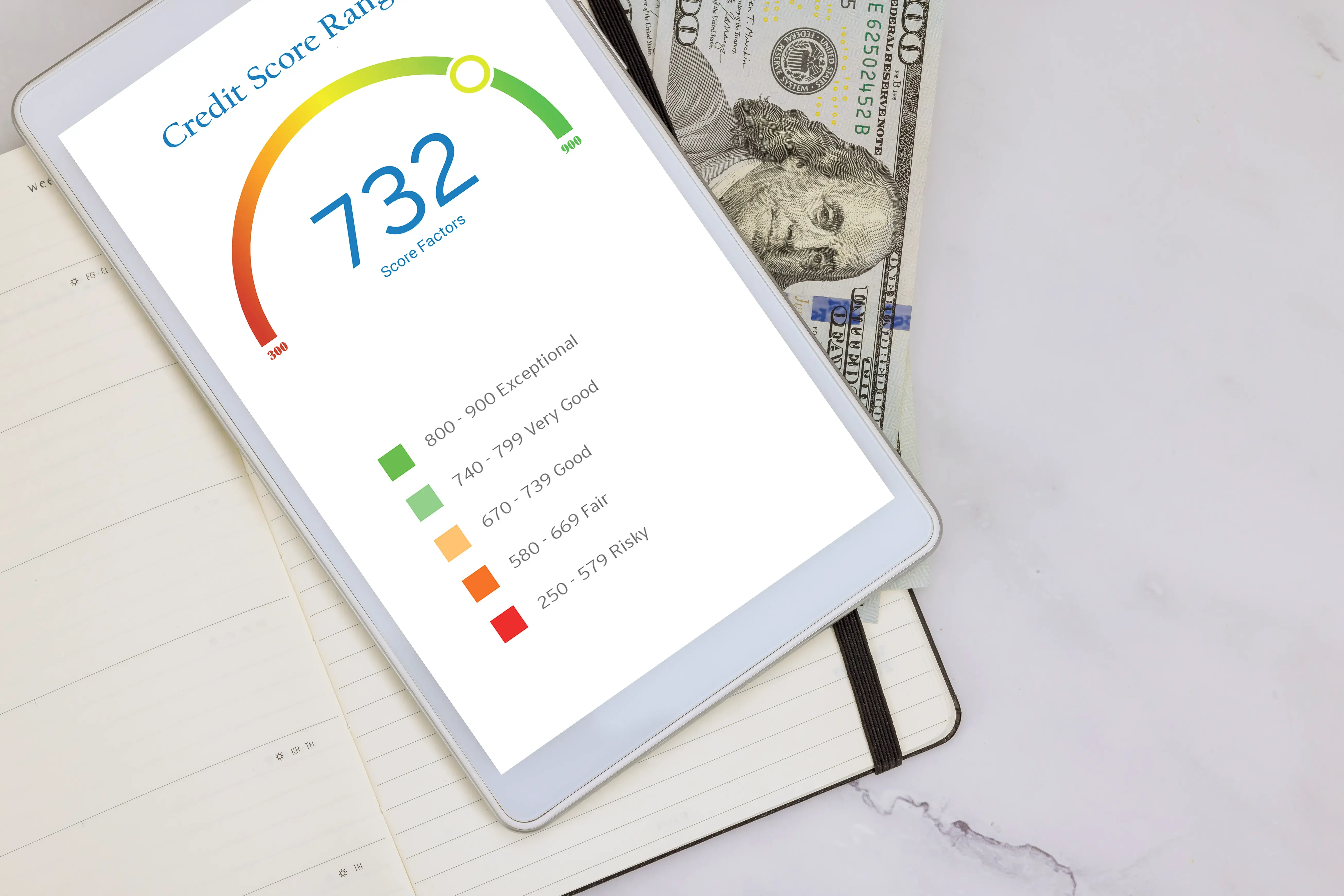-
Posted on: 23 Aug 2024

-
It is quite natural for people to query whether just looking at the credit score could harm it somehow. It is a valid question since credit ratings are used to determine your creditworthiness in a credit facility. The good news is that, unlike what you may have thought, checking one’s credit score does not reduce it.
Contrary to what many people believe, checking your credit reports and scores from time to time is financially responsible and may assist you in identifying any inaccuracies or unusual activity. However, some related activities can cause fluctuations and bring your scores down for a while. Continue reading to get a better understanding of how various credit report interactions impact your credit scores.
Difference between Hard Inquiry and Soft Inquiry
The first thing to grasp is that there is a difference between a hard credit check and a soft credit check. Whenever you fill up an application for any credit or loan, the credit granting agency pulls up your credit report, which is a hard pull. The problem arises when you take too many in a single period as it will affect your score.
However, soft inquiries only scan through your credit data and do not affect your score in any way. The credit scores or credit reports you check are soft inquiries because you are not applying for more credit. Insurance checks and employment checks also result in soft inquiries. Soft credit checks are not visible to other people and are not reported on the reports that creditors pull.
How Checking Your Score Impacts Credit
Applying for your credit score is always a soft inquiry, meaning it has no impact on your credit score at all. This is true irrespective of the number of times you refresh the page. Services such as Credit Karma use soft inquiries every time you engage them without affecting your score.
Even when you pull your full credit reports using AnnualCreditReport. Com, you only get soft credit checks. Cooperating with federal law, consumers can obtain their three credit reports with Experian, Equifax, and TransUnion once a year and it does not affect their credit scores. Regardless of whether you use the three free reports within the year or you check all at one time, it is considered a soft inquiry.
The only way you can get your score compromised while checking your credit is if you sign up for a credit monitoring agency that does membership checks through hard inquiry. Some monitoring sites conduct credit checks on applicants before they are allowed to take up a free or discounted subscription. However, this credit check would be categorized as a hard inquiry and could slightly reduce scores. However, just reviewing the data that is already stored does not.
Why Hard Inquiries Matter More Than Soft Checks
Lenders desire to know that borrowers will be capable of repaying any credit they obtain. Several hard inquiries can be detrimental since this means that you are actively applying for several new credit facilities. This is why these checks can also cause your scores to drop.
However, soft checks prove that one is a responsible financial holder. Thus, monitoring your credit is beneficial to lenders because it probably means that you are not a slacker when it comes to paying off dues. Soft inquiries only show that you are monitoring your credit status.
Score Effects from Standard Hard Inquiries
Though soft inquiries won't lower them at all, here is how much hard inquiries typically ding credit scores:
-
FICO Scores: FICO stated that one new hard credit check may cause scores to dip by 5 points or lower. Several inquiries within a short period can decrease scores much lower. FICO scores do not consider hard inquiries after 12 months because these reflect mere credit shopping.
- VantageScores: The decline in the average scores is also small for one or two new accounts. However, several new hard inquiries in a short period can reduce VantageScores more, even by 20-30 if you have fewer accounts. The impact also decreases over time.
Maintaining Credit With Regular Checks
Constant checking of credit scores actually supports their enhancement because one is likely to note issues earlier. To be able to check whether all details are correct and prevent identity theft, you should review your reports. It becomes easier to prevent credit problems from escalating if one is constantly monitoring the credit picture.
Suppose you are going through your credit report, and you come across an account that you never opened. If this was an instance of fraud, it would be possible to contact bureaus immediately and reduce the impact. It also maintains payment histories as positive by keeping up with real changes. To monitor credit is to ensure that there is no negative information that is going unnoticed and impacting your scores adversely.
In my opinion, soft credit inquiries can be considered as having no actual negative consequences at all. Although excessive monitoring will not increase your credit reports and scores it assist with useful information to keep your credit healthy. So if you do not pull hard credit checks by applying for a lot of new accounts, then more will come out of it than what goes into it.
Raise your credit score effortlessly—dial (888) 803-7889 for professional help!
-











